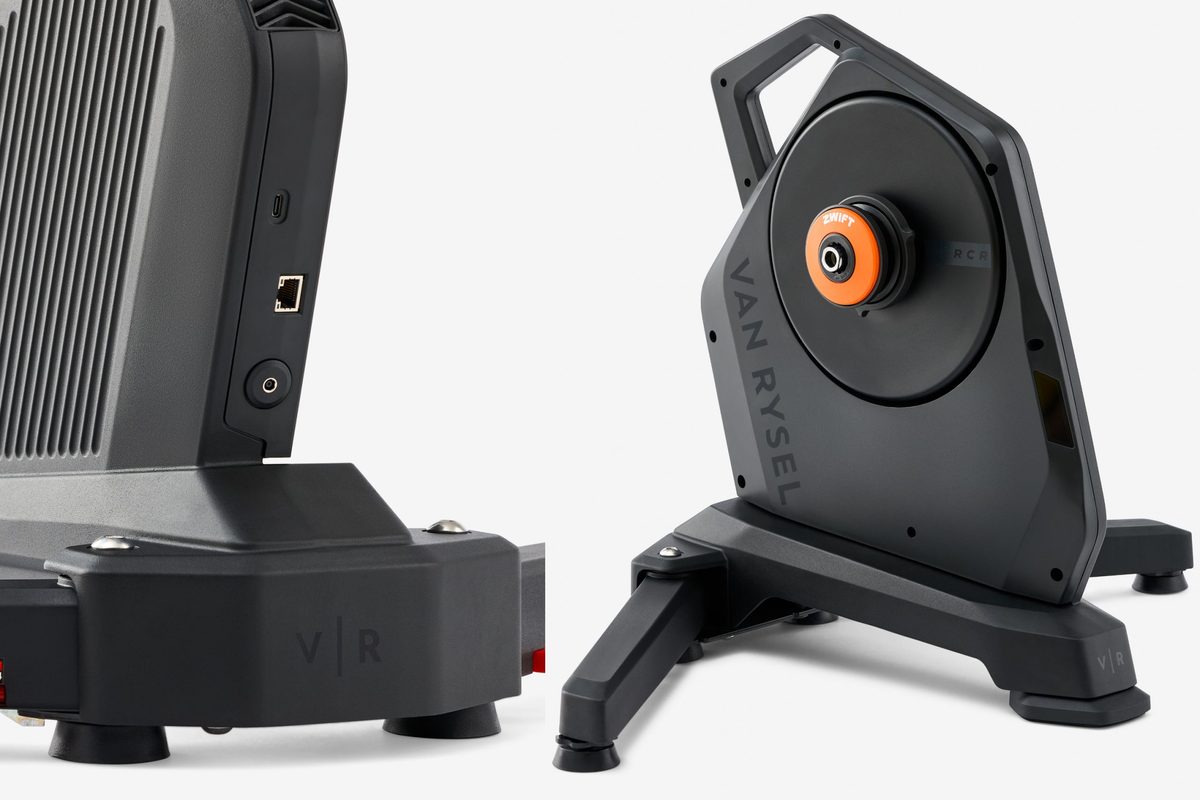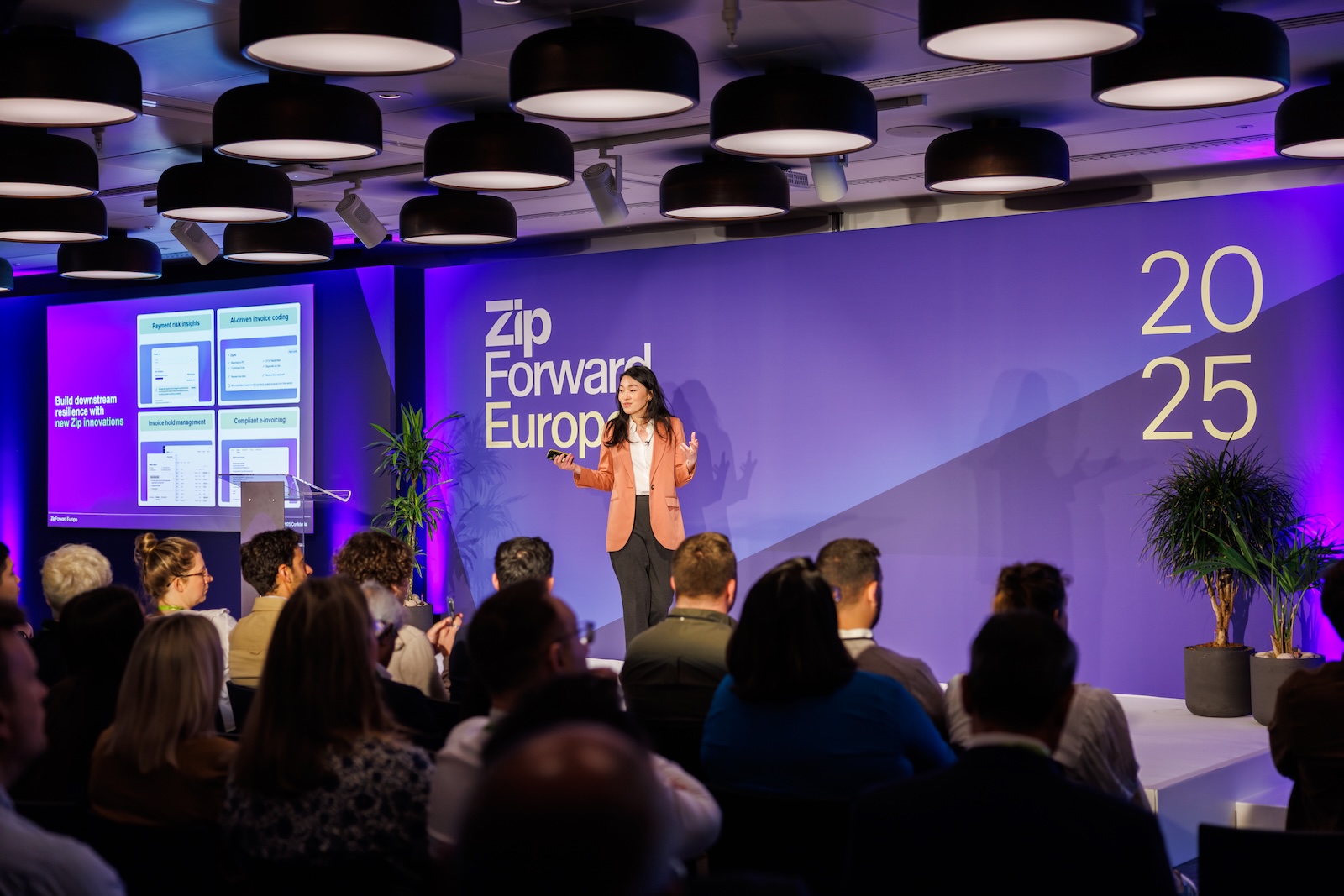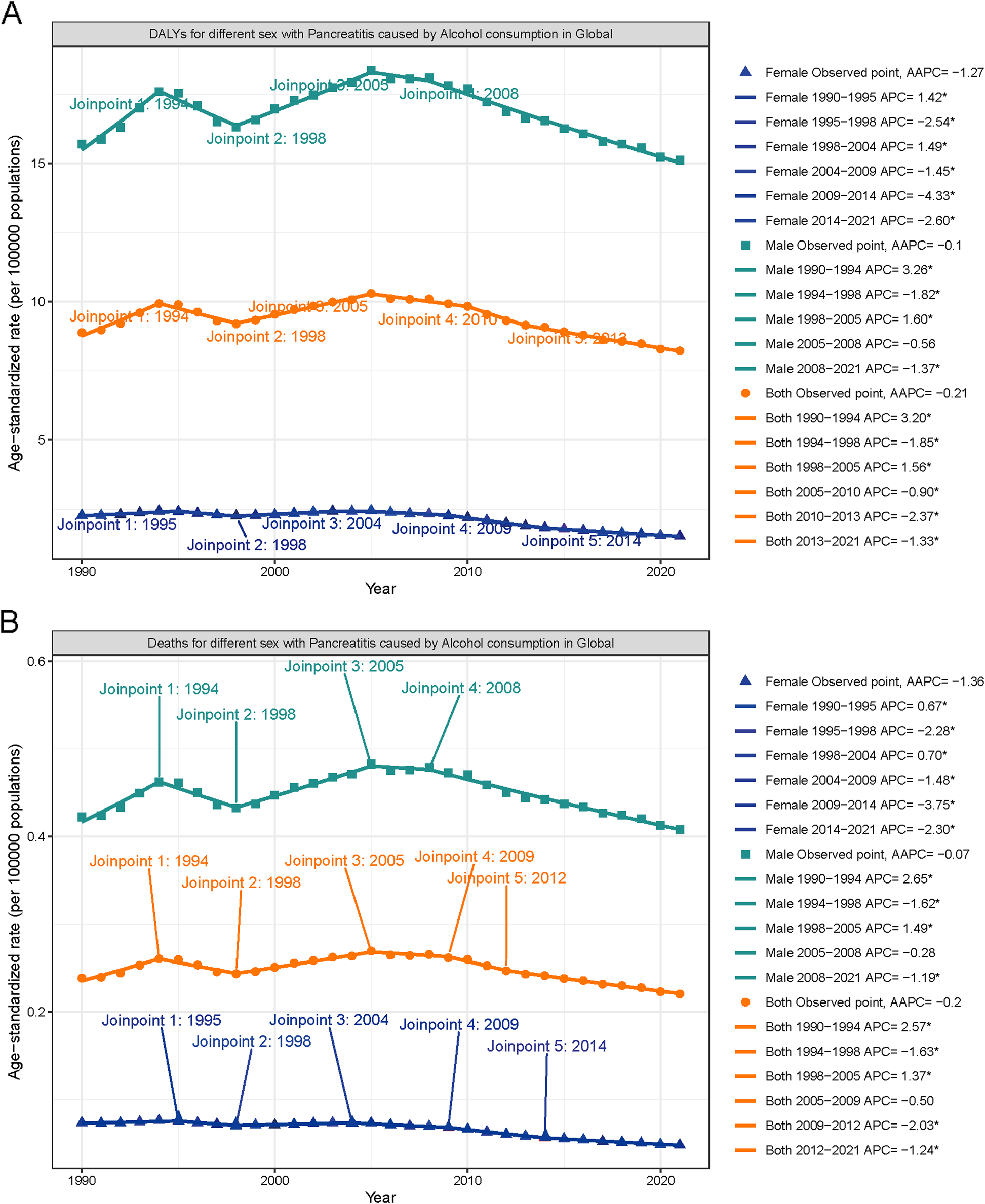Van Rysel has revealed the RCR and D500 smart trainers – two new models that look set to challenge the big names in indoor cycling.
Following the naming convention of its WorldTour-proven road bike, the RCR Pro, the RCR smart trainer is a new…

Van Rysel has revealed the RCR and D500 smart trainers – two new models that look set to challenge the big names in indoor cycling.
Following the naming convention of its WorldTour-proven road bike, the RCR Pro, the RCR smart trainer is a new…

SquareX has released research identifying serious vulnerabilities in AI-powered browsers that could allow attackers to compromise sensitive enterprise data and systems.
The research focuses on the capability of AI browsers to autonomously…

Dragons RFC can confirm centre Fetuli Paea faces an enforced spell on the sidelines after undergoing surgery.
Tongan international Paea suffered a fracture during the BKT United Rugby Championship fixture with Hollywoodbets Sharks at…

A 40-year-old bisexual Japanese man presented to our emergency department with pain in the right shoulder and right upper quadrant of the abdomen. Two weeks before presentation, he experienced severe right shoulder pain and consulted a local…

As an account executive at Convene Hospitality Group, I’ve had the opportunity to closely observe the UK’s meetings and events industry over the past few years. Artificial Intelligence (AI) is changing the game for event professionals everywhere by automating tedious, manual work and introducing unprecedented efficiency. AI is more than just a buzzword; it’s rapidly becoming an indispensable tool for event planners and event producers.
The technology is helping planners move past spreadsheets and onto more strategic tasks. This pervasive influence necessitates a deeper understanding of AI’s capabilities, so here are some practical uses for event and meeting planning around the globe.
From small corporate meetings to large international conferences, AI is enabling an unprecedented level of efficiency, personalisation, and insight. AI algorithms are revolutionising event management by automating intricate operational processes involved in organising and executing events of all scales.
AI technology is actively reimagining how we plan, execute, and experience events across the industry. Event planners can leverage AI in the following ways to create faster, intuitive, and highly personalised environments for meetings, events, and flexible workspaces. I’m happy to say, the era of tedious, manual tasks is coming to an end.
The collective impact of these AI-driven optimisations for event planning is a significant enhancement in overall efficiency and a notable reduction in conflicts. This is particularly vital for large-scale events such as trade shows, which often involve an intricate web of exhibitor arrangements, diverse presentation schedules, and numerous concurrent activities.
One of the primary benefits of AI in this domain is its ability to optimise room scheduling. AI can efficiently allocate the most suitable spaces to prevent overbooking or underutilisation, but also ensure a smooth flow for attendees moving between sessions. AI algorithms also excel at optimising staff scheduling. It can consider individual staff skills, availability, and the specific needs of different event areas (e.g., registration, technical support, catering) to create highly efficient work rosters. This minimizes staff idle time, reduces burnout, and ensures that critical areas are adequately covered, leading to a better experience for both attendees and staff.
Beyond personnel, AI also plays a crucial role in equipment deployment. From audio-visual setups to staging and networking infrastructure, AI can determine the optimal placement and quantity of AV equipment needed for an event. This helps reduce logistical complexities, minimize equipment shortages or surpluses, and ensure that all technical requirements are met precisely when and where they are needed.
In the pursuit of more efficient event planning, predictive analytics, powered by AI, can analyze historical data, including past attendance figures, registration trends, seasonal variations, and even external factors, such as holidays or local events. AI algorithms can accurately forecast attendance numbers for upcoming events.
This highly accurate forecasting capability allows planners to move beyond educated guesses and instead make data-driven decisions that significantly reduce waste. For instance, knowing with a high degree of certainty how many attendees to expect empowers planners to order precise quantities of catering and prevent over-ordering of event materials, such as brochures, name tags, or promotional items. By avoiding over-ordering, event organizers can significantly reduce costs associated with surplus food, materials, and event staffing.
Forget endless phone calls and site visits. AI-driven platforms can analyze your event requirements against vast databases of venues, providing tailored recommendations in minutes. This is particularly valuable in a highly competitive and dynamic market like London, where finding the perfect fit can be a challenge — and knowing where to look is only the beginning. These sophisticated systems can analyze a comprehensive set of event requirements, including desired capacity, precise geographical location, specific amenities, and allocated budget.
The ability of AI to sift through countless options, identify optimal matches, and present actionable insights liberates event planners from tedious manual research, allowing them to focus on the more strategic and creative aspects of event execution. This not only streamlines the initial venue selection but also contributes to overall cost savings and a more efficient allocation of resources, ultimately leading to more successful and impactful events.

The dramatic shift in post-pandemic preferences has emphasized the need for more engaging and personalized in-person experiences. AI’s capabilities allow for a depth of understanding and a responsiveness that enhance traditional production approaches.
AI has the ability to revolutionise attendee engagement and satisfaction at events. For example, imagine a participant at a UK tech conference receiving a personalised agenda, crafted by AI using their registration data and indicated goals for the event. It could highlight the most relevant sessions and speakers, leading to a more impactful experience.
AI-powered question-and-answer tools offer immediate assistance to attendees by answering frequently asked questions regarding venue directions, session schedules, or local transportation options in real-time. Its role is becoming increasingly indispensable in crafting tailored journeys that move beyond generic interactions to create impactful meetings, events, and gatherings. This allows human staff to concentrate on more intricate, personalized interactions.
AI algorithms offer a solution for enhancing the networking potential of corporate conferences and larger meetings. By intelligently matching attendees, these algorithms transcend the limitations of traditional, often random, networking methods. They analyze professional profiles, including areas of expertise, company affiliations, roles, and even specific project interests, alongside stated professional objectives for attending the event.
This data-driven approach allows for the creation of highly relevant pairings, connecting individuals who share common goals, complementary skills, or potential for synergistic collaboration. The result is a more meaningful and productive networking experience, moving beyond superficial introductions to foster genuine connections.
For organizations, this translates into increased opportunities for deal-making, knowledge exchange, and the formation of strategic partnerships that might otherwise remain undiscovered. The strategic application of AI for measuring a return on investment when event planning transforms large, potentially overwhelming gatherings into highly efficient networking ecosystems, maximizing the return on investment for both attendees and organizers.

The integration of intelligent technologies can make spaces more efficient, sustainable, and user-friendly. AI-powered systems can monitor and control lighting, heating, and cooling based on real-time occupancy levels. Using real-time occupancy levels, these systems can dynamically adjust building conditions, ensuring optimal comfort while minimizing wasted resources. This leads to significant energy savings and reduced operational costs, aligning perfectly with the UK’s growing focus on sustainability.
For instance, in a large office building, AI can detect when a conference room is empty and automatically dim the lights and reduce the HVAC output for that specific zone. Conversely, as people enter and the room becomes occupied, the system can seamlessly restore the lighting and climate to a comfortable level. This granular control, based on actual usage rather than rigid schedules, leads to significant energy savings.
AI-driven translation tools are facilitating seamless communication at international conferences. This real-time language translation capability is crucial for overcoming language barriers for both attendees and speakers. AI tools can translate speakers in real time or allow attendees to speak one-on-one when language barriers persist. While tools still have a way to go to eliminate awkward delays, many companies are pioneering faster and more reliable translation tools with each passing year.
AI also enhances accessibility for attendees with hearing impairments or those who prefer to review content after a demonstration. It can generate instant captions for live presentations and comprehensive transcripts of sessions without adding tasks for event planners to perform.
Implementing AI isn’t without hurdles, as I have seen firsthand when planning events in the UK. Here are some of the top challenges when using AI for event planning.
As part of CHG, I am optimistic about how AI could benefit the meetings and events industry. CHG is acutely aware of the necessity to protect the privacy and security of our brand and clients while the reach of AI tools continues to expand and adapt. I believe AI is not a replacement for the human touch but a tool to support and challenge.
I’ve witnessed how CHG is committed to exploring AI-powered solutions that empower our clients to increase efficiency, deliver unparalleled experiences, and gain actionable insights. I’ve already leveraged CRM tools with built-in AI to better understand client needs and streamline my outreach. This firsthand adoption gives my team insight into the practical benefits and considerations for our clients.
The future of meetings, events, and conferences in the UK is undeniably intertwined with AI. As a member of the events industry, I believe embracing this technology isn’t just about staying competitive; it’s about unlocking new levels of creativity, efficiency, and impact. I’m committed to building events that are smarter, more engaging, and leave a truly lasting impression.

Still, he remains optimistic about his resilience.
“I’m very different. I do what everybody says don’t do, most of the time. Get social media. No, I’m not doing it. You can get these sponsors. No, I don’t…

Listen now on Apple, Spotify or YouTube
In This Edition
– The state of China’s games market
– FTC kicks Xbox while it’s down
– European game charts
Hello! And welcome to another edition of The Game Business Newsletter and Show.
This week we have…

Pancreatitis is an acute inflammatory disease caused by premature activation of pancreatic enzymes, leading to pancreatic injury and multiple organ dysfunction. Over the past three decades, its global prevalence has continued to rise [19, 21,

The Tony Award-nominated actor originated the musical’s title role in spring 2024, and he will replace current star Ryan McCartan beginning in November.
Welcome back, old sport! Jeremy Jordan will return to The Great Gatsby on Broadway this fall,…

As MTX continues to play a central role in the treatment of various malignancies, the balance between its therapeutic efficacy and potential toxicity must be carefully managed. Delayed MTX clearance is associated with an increased risk of AEs,…